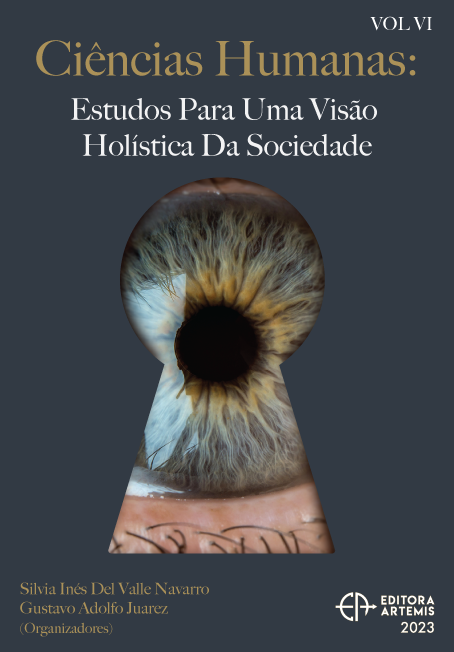
EDUCAÇÃO E ANTROPOLOGIA: ALGUMAS BREVES NOTAS
Este trabalho pretende estabelecer uma breve reflexão, numa perspetiva epistemológica, sobre a relação entre a natureza humana e o desenvolvimento dos processos educativos da nossa espécie, entendendo-se estes como um movimento que parte daquilo que o ser humano efetivamente é, com destino aquilo que deve ser. Nesta pesquisa, com base numa revisão de literatura, reconhece-se que os educadores encetam esforços no sentido de realizar planos de perfeição com os seus educandos, num percurso criador de diversos modelos da aprendizagem humana, e que os assentam, precisamente, nas suas próprias convicções e visões de realidade, segundo uma perspetiva aristotélica. Discute-se o significado do conceito de cogito antropagógico, e a sua relevância no reconhecimento da imperfeição da condição humana, como modo de abrir espaço para a melhoria do carácter pessoal e individual. Considera-se que a educação, enquanto processo civilizacional de aperfeiçoamento das gerações presentes e futuras, não pode ser apenas refletida a partir de formas estritamente positivistas, passíveis de serem quantificadas e medidas, numa visão que desconsidere os significados e as interpretações que os seres humanos atribuem às suas aprendizagens e experiências do quotidiano. Conclui-se que devido a questões inerentes à própria essência humana e às mundividências das sociedades onde a nossa espécie tem vivido ao longo do tempo, nunca existiu uma resposta definitiva à velha questão da existência humana, sendo que, no entanto, devido ao impulso do cogito antropagógico, continuamos numa busca incessante do aperfeiçoamento, estimulada, particularmente, pelos nossos processos e sistemas educativos.
EDUCAÇÃO E ANTROPOLOGIA: ALGUMAS BREVES NOTAS
-
DOI: 10.37572/EdArt_2805238044
-
Palavras-chave: Educação; Antropologia; Mundividências.
-
Keywords: Education; Anthropology; Worldviews.
-
Abstract:
This work aims to promote a brief reflection from an epistemological perspective, on the relationship between human nature and the development of the educational processes of our species, understanding it as a movement that starts on what the human being effectively is, with a destination to what it should be. In this research based on a literature review, it is therefore recognized, that educators make efforts in order to carry out plans of perfection with their students, in a path that creates different models of human learning, which are precisely based on their own convictions and visions of reality, according to an Aristotelian perspective. It also discusses the meaning of the concept of antropagogic cogito, and its relevance in recognizing the imperfection of the human condition, as a way of making room for the improvement of personal and individual character. It is considered that education, as a civilizational process of improvement of present and future generations, cannot only be reflected from strictly positivist forms, liable to be quantified and measured, in a vision that disregards the meanings and interpretations that human beings attribute to their everyday learning and experiences. Finally, it is concluded that either due to questions inherent to the human essence itself, or due to the worldviews of the societies where our species has lived over time, there has never been a definitive answer to the old question of human existence, but, and despite of that, we continue in an ongoing search for improvement, stimulated, mainly, by our educational processes and systems.
-
Número de páginas: 19
- Hugo Oliveira
- Jorge Bonito

